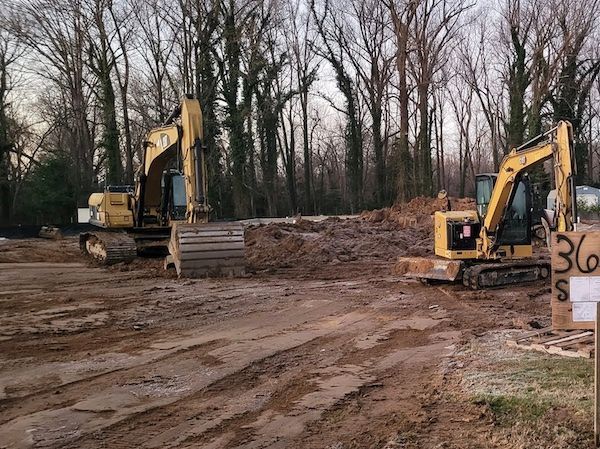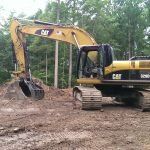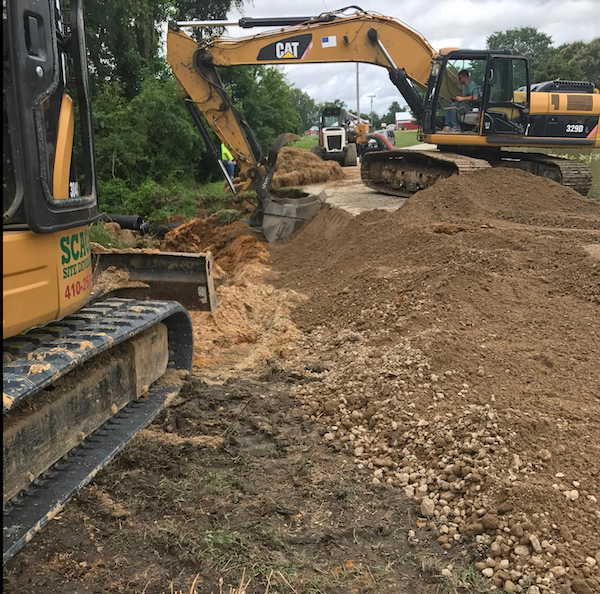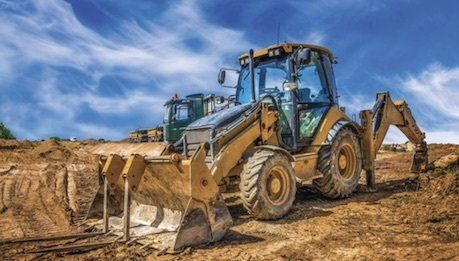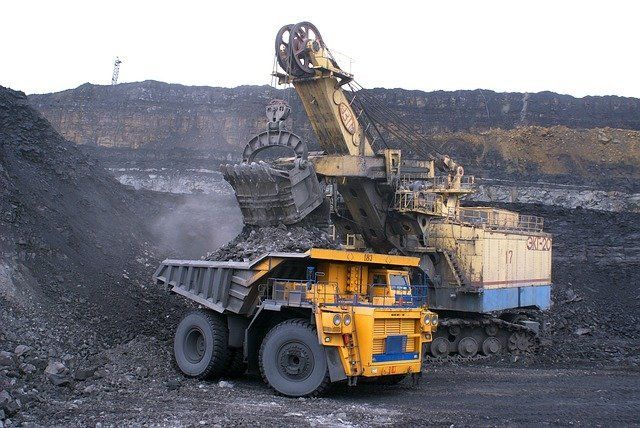Excavation and Hauling in Southern MD
Excavation and Hauling in Southern MD
Let us move the stuff you need removed from the ground. Moving things like earth, rock, or other materials is what we do. It includes Services include: earthwork, trenching, wall shafts, tunneling, and underground.
Unearthing the Power of Excavation Services: Digging Deeper into Construction Success
Excavation services are the backbone of any construction project. From creating a solid foundation for a new building to preparing the ground for landscaping, excavation plays a crucial role in shaping the future of our urban landscapes. In this blog post, we will delve into the world of excavation services, exploring their significance, the various techniques employed, and how they contribute to the overall success of construction projects.
- The Art of Digging: Excavation is not merely about digging a hole in the ground; it's a precise and intricate process that requires skill, experience, and the right equipment. Whether it's for residential, commercial, or industrial projects, excavation professionals carefully plan and execute the digging process to ensure safety, efficiency, and accuracy. They take into account factors like soil composition, water table levels, and site conditions to determine the best approach.
- The Tools of the Trade: Excavation services rely on a wide array of specialized equipment designed to tackle different types of soil and terrain. From excavators and backhoes to bulldozers and trenchers, these heavy-duty machines are essential for moving earth, removing debris, and creating a level surface. Advanced technology, such as GPS systems, allows operators to precisely navigate the equipment, ensuring precise digging depths and angles.
- Site Preparation: Before any construction can begin, proper site preparation is crucial. Excavation services play a pivotal role in this process. They clear the land of any obstacles, such as trees, rocks, or existing structures, creating a blank canvas for future development. Excavation professionals also address drainage issues, ensuring the site is properly graded to prevent water accumulation, erosion, and other potential problems down the road.
- Foundation Excavation: One of the most critical stages of any construction project is the excavation of the foundation. This step sets the stage for the entire structure, determining its stability and longevity. Skilled excavation teams carefully excavate the area, taking into account factors like soil stability, load-bearing capacity, and underground utilities. They ensure proper dimensions, leveling, and alignment, laying the groundwork for a solid foundation.
- Utility Installation: Excavation services are also responsible for installing underground utilities, such as sewer lines, water mains, and electrical conduits. These essential systems are often hidden beneath the surface, requiring precise excavation to ensure proper placement and connectivity. Excavation professionals work closely with other trades, coordinating their efforts to create a seamless integration of utilities within the project site.
Excavation services are the unsung heroes of the construction industry. Their expertise and precision go hand in hand with building a strong foundation, creating a safe and functional environment for future developments. From site preparation to foundation excavation and utility installation, excavation professionals play a vital role in shaping our cities and communities. So, the next time you pass by a construction site, take a moment to appreciate the significance of excavation services in bringing our architectural dreams to life.


Contact
410-257-6763
5955 Scaggs Rd.
Owings, MD 20736
MDOT Certified
MHRB#5137
CC Septic License #SI-0235



